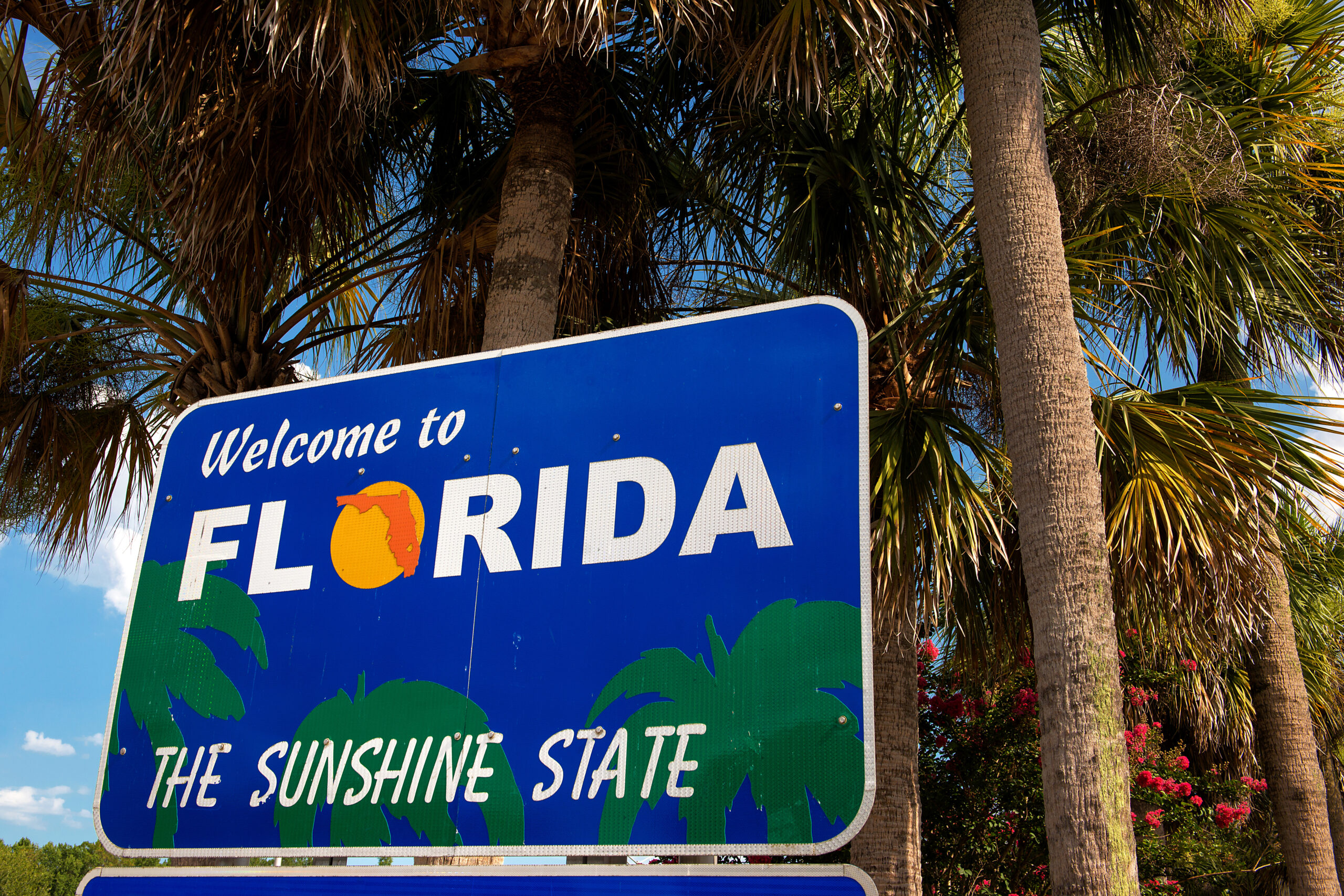Labor unions in Florida have struggled to meet provisions of the state’s new public sector union laws that went into effect on July 1. Senate Bill 256, which was signed by the governor in May, prohibits direct payroll deductions for union dues and requires a union recertification election if membership drops below 60% of the bargaining unit. Unions have until October to hit the 60% threshold.
Most union members have never voted for a union to represent them. That’s because once unions are certified, they remain the exclusive representative unless challenged with a decertification vote. For the majority of public unions, that original certification happened decades ago. Recertification elections required by the new law would be the first time most union members have a direct say in who their representative is.
Already, dozens of unions are expected to face recertification elections under the new requirements. AFFT reported that at least 42 Florida teachers unions are below the threshold, not including local unions like AFSCME Local 199 and CWA Local 3179.
Ron Rice, president of Communications Workers of America (CWA) Local 3179, called the legislation a “union-busting bill.” He told local media that the union hit 30% enrollment earlier this month, which is half of the state’s mandated membership threshold.
Unions are similarly unhappy with the dues deduction portion of the bill, which prevents unions from automatically deducting dues from members’ paychecks via the government’s payroll system. Now, union members must directly pay their union with a check or credit card. Unions worry that members will be less likely to pay dues because of the extra step.
Amalgamated Transit Union Local 1464 President Stephen Simon said the law was a punitive measure against political opponents. “It’s being done to crush unions. Everybody who voted against the governor is under fire,” he said.
While union leadership is frustrated with the law, some employees welcome the potential to strengthen unions.
David Melton, a heavy equipment operator in Clearwater, Florida, said he’s been frustrated with his union’s lack of progress on contract negotiations and the lack of impact by local union leaders. “I want to stay with the union because I believe in it, but I’d believe in it more if our representatives acted truly on our behalf,” Melton said.
Melton also noted that for the first time in 15 years, national union organizers visited his worksite.
